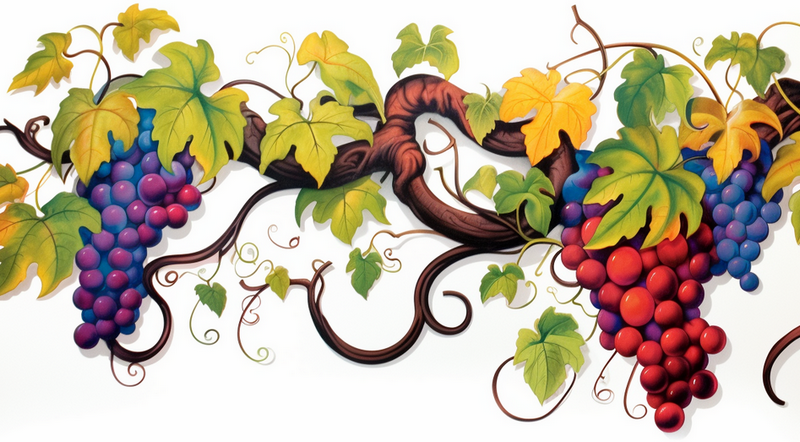Abiding in the vine is the antidote to independence, and the remedy to barrenness.
Every believer knows these words of Jesus. “Abide in me, and I in you” (John 15:4). But what did he mean and how do we do it?
Jesus gives us this word-picture:
I am the vine, you are the branches; he who abides in me and I in him, he bears much fruit, for apart from Me you can do nothing. (John 15:5)
Many look at this verse and see “abiding = bearing much fruit.” They draw a terrible conclusion: “If I want to abide, I must produce fruit.”
This is the opposite of what Jesus saying. Your job is to abide. That’s it. As you abide, the Vine himself will bear his fruit in your life. You don’t have to do a thing.
Except abide.
What does it mean to abide?
To abide means to stay, continue, or dwell. Abide is related to abode, so to abide is to make Christ your abode, your home, your dwelling place.
That’s what we did the moment we came to Christ:
Whoever confesses that Jesus is the Son of God, God abides in him, and he in God. (1 John 4:15)
The moment you came to Christ in faith, you were placed in him and he in you. How did it happen? The Holy Spirit is the answer. “He abides with you and will be in you” (John 14:17).
Your union with the Lord is a permanent and inviolate relationship. What God has joined together, no one can separate. He will never leave or forsake you. Contrary to what you have heard, God does not lop off unfruitful branches.
But that does not mean you won’t stray or wander. If you are unsure of your position in Christ, you will be anxious and unsettled. You’ll be tempted to pursue dead works in a futile attempt to bear fruit and abide.
The opposite of abiding is trusting in yourself, relying on your own efforts, and trying to make things happen. It’s striving in your own strength instead of looking to the Lord as your source and supply.
Abide in my love
When Jesus said “abide in my love” (John 15:9), he was saying “rest in my love for you.”
To abide in Christ is to live with the complete dependence that a branch has for a vine. It’s realizing that apart from him we can do nothing.
But that is only half of the story.
Apart from him we can do nothing.
With him, we will do great things
(If need some scriptures to back up that second part, check out John 14:12, 1 Cor. 15:10, Php. 4:13, and Pro. 4:18)
Want to know God’s will for your life? Abide in Christ.
Want to discover your God-given destiny? Abide in Christ.
Want to learn the reason you are on this planet? Abide in Christ.
Abiding in Christ is the most productive, fruitful thing you can ever do.
What happens when we abide in Christ?
When you come to that place of total surrender and say, “Not my will but thy will be done,” you prime yourself for great things. The spiritual sap begins to flow from that Holy Vine into your life.
“Lord, because you have made me holy, righteous, and acceptable to God, I have you have nothing to prove.”
That’s a pretty good prayer.
“Lord, because you have done the work, I choose to rest in you. Whether I lead many to you or none at all, your great love for me never changes.”
That’s another great prayer.
“Lord, I’m done striving, done trying, done worrying. My life is yours.”
This is one of the smartest prayers you will ever pray. The moment you choose to trust instead of try, you give God space to move. And what he will do is reveal himself through you to others.
Which is pretty exciting.
Just imagine what can happen when the same Spirit that brought life to the earth and raised Christ from the dead begins to move in your life.
But I’m getting ahead of myself. Let me finish by emphasizing our part which is to abide in the love of Christ.
How do we abide?
We abide by keeping our eyes firmly fixed on Jesus and trusting his indwelling Spirit to guide us.
We choose to rest instead of worry knowing that our heavenly Father cares for us and is well able to bring his purposes to pass in our lives.
—–
Share this good news with friends or in your church newsletter.
Learn more about Abiding, Resting and Union on the Grace Glossary.
Read Jesus’ words in context on the Grace Commentary.




